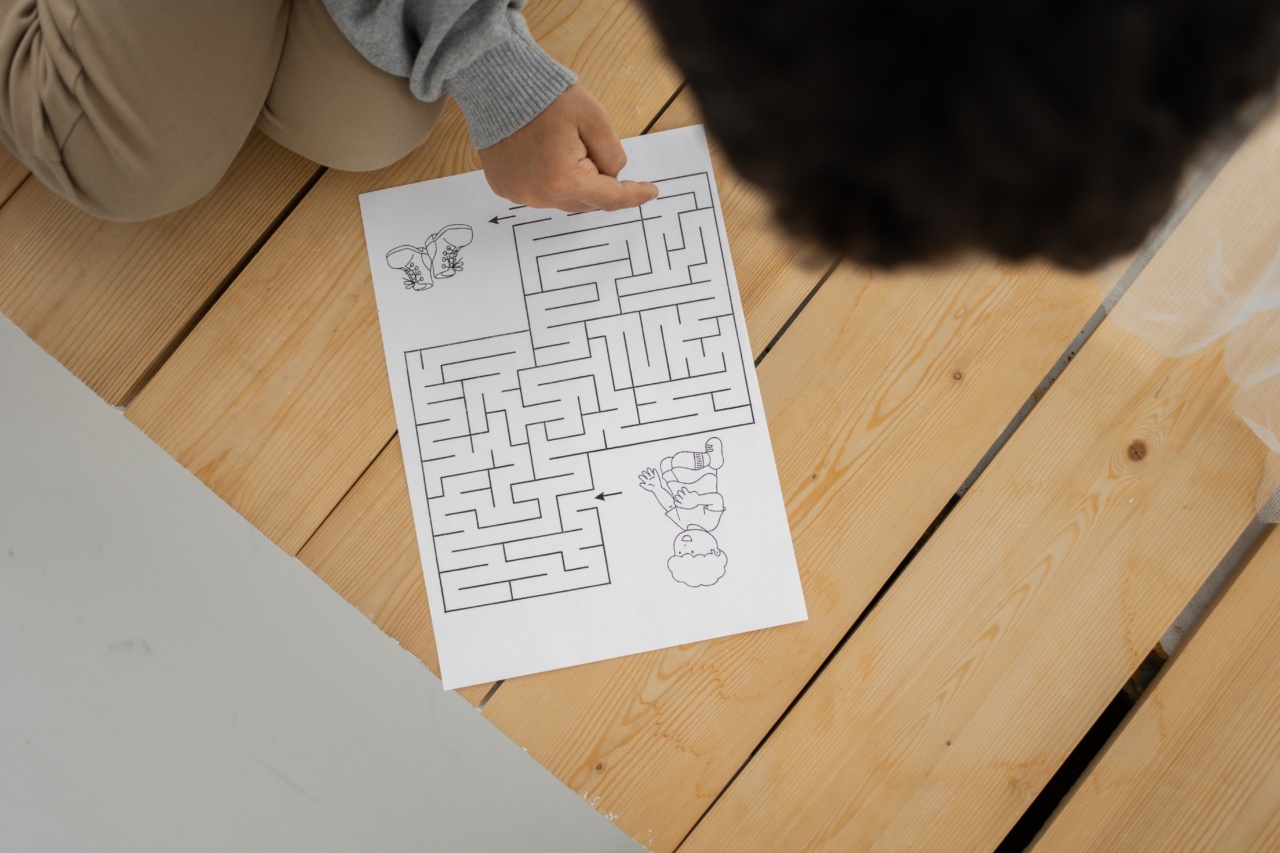Hypertension, commonly known as high blood pressure, is a condition that affects millions of people worldwide, including children. Hypertension in childhood has been linked to a number of negative effects on brain function and development.
In this article, we will explore the impact of hypertension on childhood brain function and how it can affect a child’s cognitive abilities, academic performance, and social development.
What is Hypertension?
Hypertension is a medical condition where the force of blood against the walls of arteries is too high, causing damage to the blood vessels and increased risk for heart disease, stroke, and other health complications.
High blood pressure is diagnosed when a person’s systolic pressure (the top number) is consistently above 140 mmHg or diastolic pressure (the bottom number) is consistently above 90 mmHg.
Prevalence of Hypertension in Children
According to the Centers for Disease Control and Prevention (CDC), approximately 4% of all children in the United States have hypertension.
The prevalence of hypertension is higher in certain groups, such as African American children and those who are overweight or obese.
Effects of Hypertension on Childhood Brain Function
Hypertension in childhood has been linked to negative effects on brain function and development.
Studies have found that children with hypertension may have reduced cognitive abilities, including impaired executive function, learning difficulties, and memory deficits.
Executive Function
Executive function refers to a set of cognitive processes involved in planning, organizing, self-regulation, and decision-making.
Children with hypertension may experience impaired executive function, which can lead to poor academic performance and social difficulties.
Learning Difficulties
Children with hypertension may also experience learning difficulties, particularly in math and reading. Some studies have suggested that hypertension can affect the brain regions responsible for these abilities, leading to reduced performance.
Memory Deficits
Hypertension has also been linked to memory deficits in children. Research has shown that children with hypertension may exhibit poorer performance on memory tasks than their peers with normal blood pressure.
Treatment and Prevention
The best way to prevent hypertension in children is to encourage a healthy lifestyle, including a balanced diet and regular physical activity.
For children with hypertension, treatment may include medication to lower blood pressure, as well as lifestyle changes such as weight loss, salt restriction, and increased physical activity.
Conclusion
In conclusion, hypertension in childhood can have negative effects on brain function and development, including impaired executive function, learning difficulties, and memory deficits.
It is important to identify and treat hypertension in children to prevent these negative effects and ensure optimal cognitive development and academic success.





























